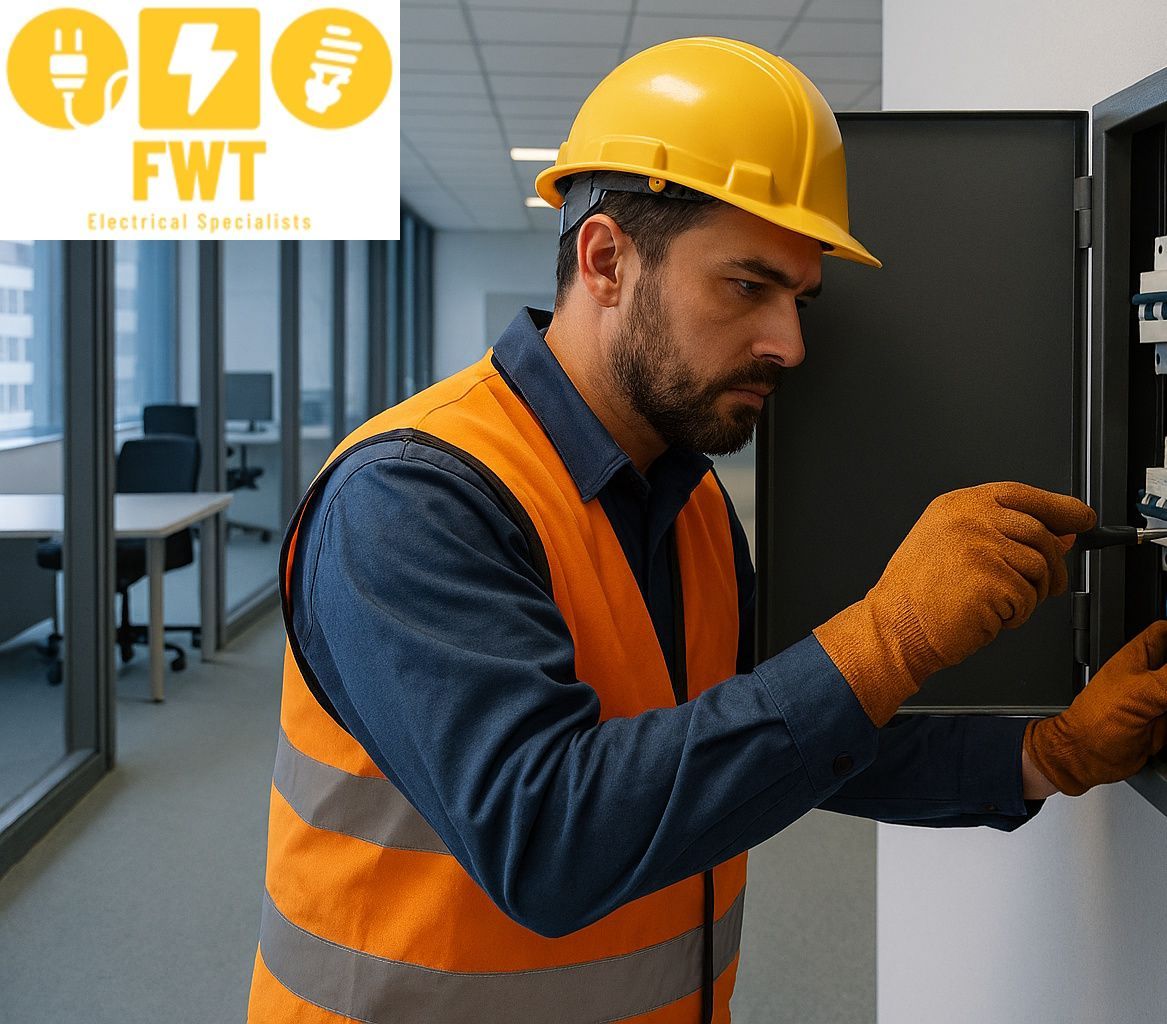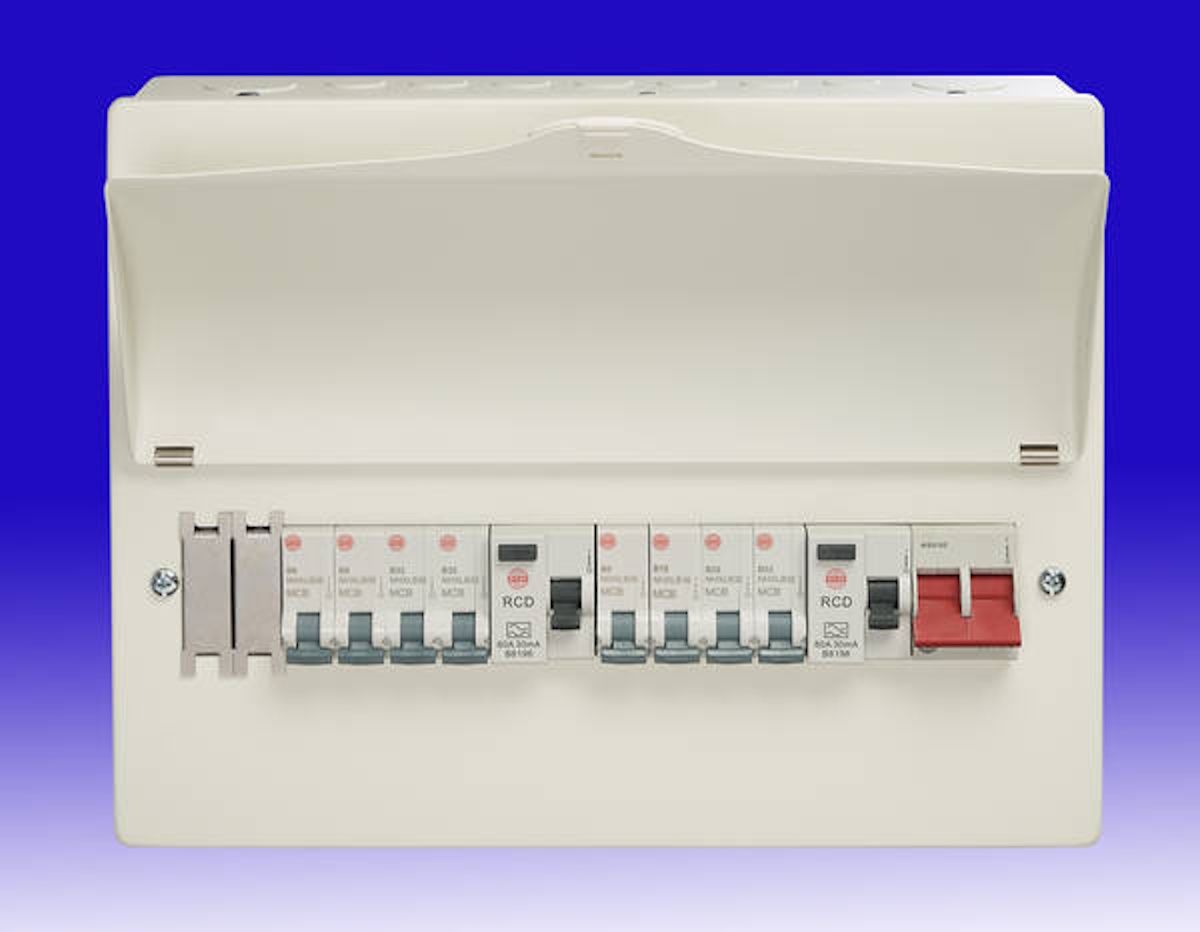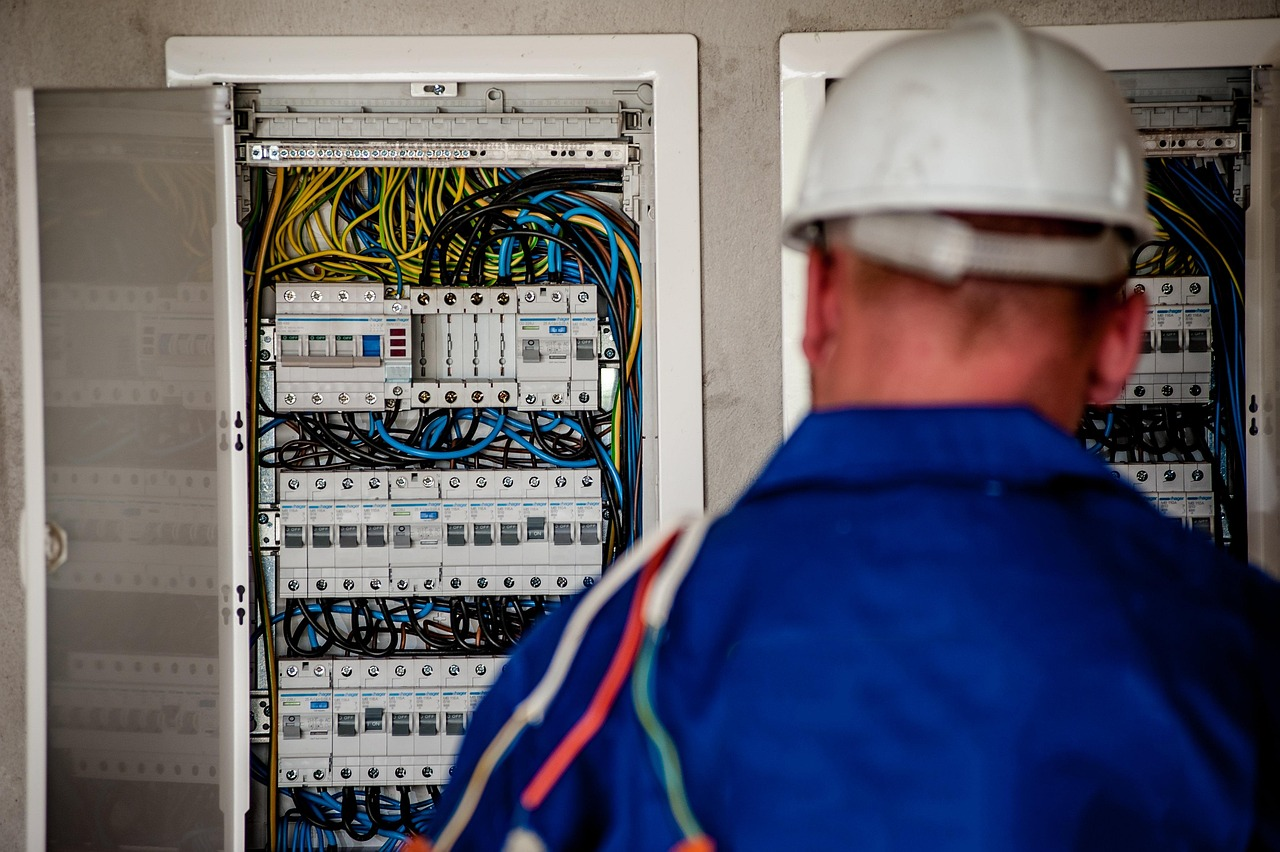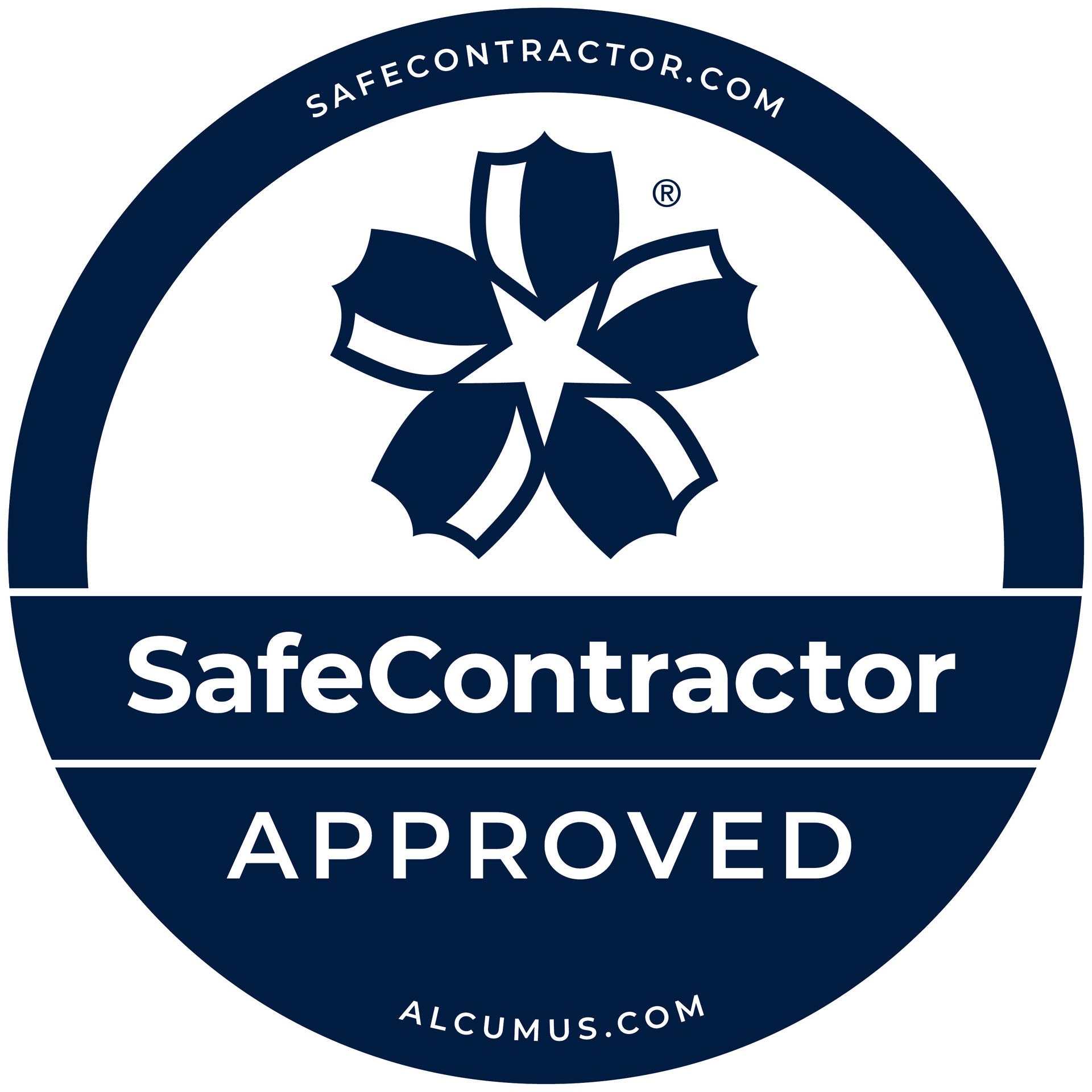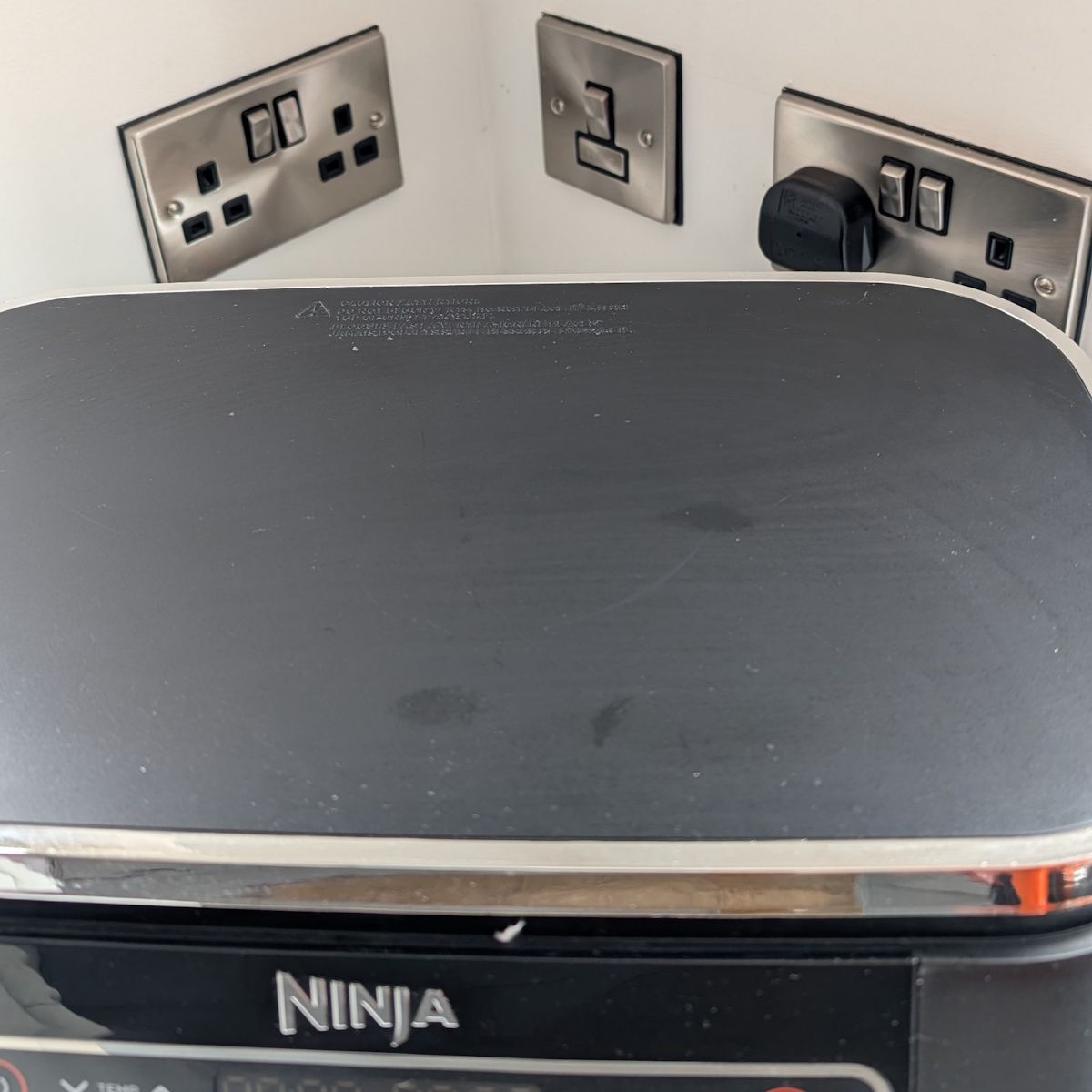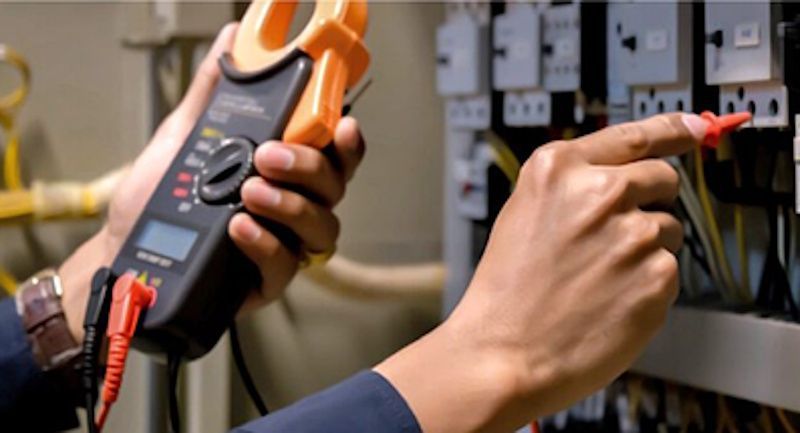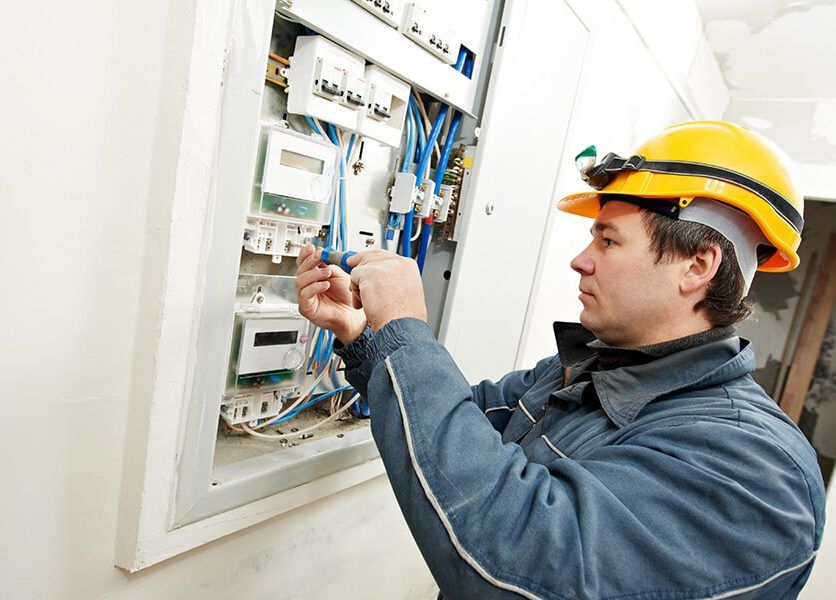Keep Your Shrewsbury Business Safe and Compliant: The Essentials of PAT Testing
PAT Testing, Portable Appliance Testing
Running a business in Shrewsbury comes with many responsibilities, and ensuring the safety of your employees and customers is paramount. One crucial aspect of this is electrical safety, and that's where Portable Appliance Testing (PAT) comes in. At Fixed Wire Telford, we're dedicated to helping local businesses like yours understand and implement effective PAT testing strategies.
But what exactly is PAT testing, and why is it so vital for your Shrewsbury workplace?
What is PAT Testing?
PAT Testing, or Portable Appliance Testing, is the routine examination of electrical appliances and equipment to ensure they are safe to use. The main aim is to prevent electrical accidents in the workplace. This involves a visual inspection and, where necessary, a more in-depth electrical test.
Think about all the portable electrical items in your Shrewsbury office, shop, workshop, or rental property: computers, kettles, printers, power tools, extension leads, and even microwaves. Each of these needs to be in good working order to prevent hazards like electric shocks or fires.
Why is PAT Testing Crucial for Your Shrewsbury Business?
While PAT testing itself isn't strictly a legal requirement in the UK, the law does demand that employers ensure their electrical equipment is maintained to prevent danger. The Health and Safety at Work Act 1974, the Electricity at Work Regulations 1989, and the Provision and Use of Work Equipment Regulations 1998 all place a duty of care on businesses.
Regular PAT testing is the most effective way to demonstrate compliance and uphold this duty. Here's why it's so important for your Shrewsbury enterprise:
- Ensures Workplace Safety: Protects your employees, customers, and visitors from electrical shocks and fire hazards.
- Reduces Risk of Fire: Faulty electrical appliances are a leading cause of workplace fires. PAT testing helps identify these risks early.
- Legal Compliance: Helps you meet your obligations under health and safety legislation.
- Minimises Business Disruption: Identifying potential faults before they cause a breakdown can save you costly downtime and repairs.
- Insurance Requirements: Many insurance companies will require evidence of PAT testing as a condition of your policy, or it may lead to lower premiums.
- Asset Management: Provides a good record of your electrical assets and their condition.
- Peace of Mind: Knowing your electrical equipment is regularly checked and safe allows you to focus on running your business.
What Needs to be PAT Tested?
Any electrical appliance that can be moved and connected (or disconnected) to an electrical supply via a plug and socket needs to be considered for PAT testing. This broadly includes:
- Portable Appliances: Kettles, toasters, fans, heaters.
- Movable Equipment: Electric fires, air conditioning units, water coolers.
- Handheld Appliances: Hairdryers, power drills, soldering irons.
- IT Equipment: Computers, monitors, printers, chargers, photocopiers.
- Extension Leads and Power Cords: Including those with multiple sockets.
- Stationary Appliances: While less frequently moved, items like fridges or washing machines in a workplace setting also require assessment.
How Often Should PAT Testing Be Done?
The frequency of PAT testing depends on a risk-based assessment, considering:
- The type of equipment: Handheld tools used frequently in a harsh environment will need testing more often than a computer in an office.
- The environment it's used in: Equipment on a construction site faces higher risks than office equipment.
- Who uses the equipment: Appliances used by the public or multiple employees may require more frequent checks.
- The results of previous tests: A history of well-maintained equipment might allow for slightly longer intervals between tests.
While there are no hard and fast rules set in law for frequency, many businesses in Shrewsbury opt for annual PAT testing as a good rule of thumb, especially for higher-risk items or environments. Fixed Wire Telford can help you determine an appropriate testing schedule based on your specific needs.
The PAT Testing Process with Fixed Wire Telford
When you choose Fixed Wire Telford for your PAT testing in Shrewsbury, our qualified engineers will:
- Conduct a thorough visual inspection: Checking for damage to plugs, cables, and the appliance itself.
- Perform electrical tests: Using calibrated PAT testing equipment to check for earth continuity, insulation resistance, and polarity.
- Label appliances: Clearly indicating whether they have passed or failed, and the date of the test.
- Provide a detailed report: Listing all appliances tested, the results, and any recommendations for repairs or replacements.
Consequences of Neglecting PAT Testing
Ignoring PAT testing can lead to serious consequences:
- Increased risk of injury or fatality from electrical shock or fire.
- Potential legal action and fines if an accident occurs and you cannot demonstrate due diligence in maintaining electrical safety.
- Invalidated insurance policies.
- Damage to your business reputation.
- Significant business disruption and financial loss.
Your Local Shrewsbury PAT Testing Experts
At Fixed Wire Telford, we are committed to providing reliable and professional PAT testing services to businesses throughout Shrewsbury and the surrounding areas. Our experienced and qualified engineers ensure your electrical appliances are safe, helping you comply with regulations and protect your business and everyone in it.
Don't leave electrical safety to chance. Contact Fixed Wire Telford today to discuss your PAT testing needs in Shrewsbury and schedule an inspection. Let us help you keep your workplace safe and compliant.
